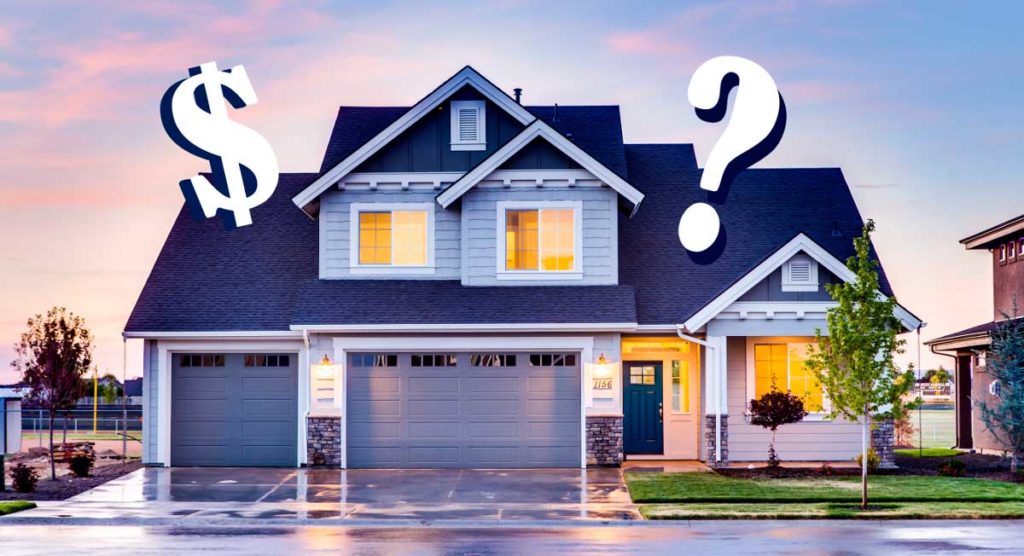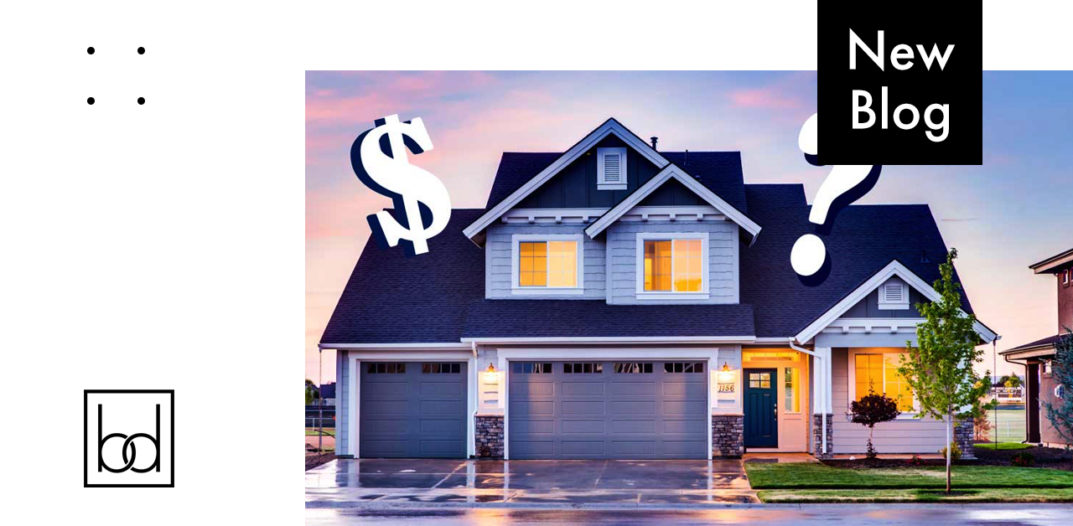
You don’t have to be preparing your home to sell to be curious about what it is really worth. In fact, it’s a wise financial decision to always stay abreast of the current real estate trends and home values in your area. But where do you go to find an accurate estimate for your home’s current worth? There are two tools at your disposal when you want an accurate depiction of your home’s worth: neighborhood sold reports and comparative market analyses.
Neighborhood Sold Report
A neighborhood sold report is a detailed list of homes that have recently sold in your area. The report includes a variety of information about each property on the list, including square footage, number of bedrooms and bathrooms, and most importantly, the amount for which the home sold. Regardless of the size and design merits of your particular home, sales prices are partially determined by other factors, such as your home’s location, and the local housing market’s supply and demand. So it makes sense that focusing on your specific neighborhood is the best way to get an accurate idea of how much your home is worth, and how much you could list it for in the event you decide to sell.
If you are already in the process of preparing your home to sell, knowing how much your neighbors have been receiving for their similarly appointed homes is an important piece of information. If you overshoot and list at too a high price compared to area sales, you may become quickly frustrated by a lack of interest. Price your home too low and you may make an easy sell, but lose thousands of dollars in the process. A look at your local neighborhood sold report will help you avoid both of these scenarios.
Comparative Market Analysis
A comparative market analysis, often abbreviated to CMA, includes all sorts of relevant data about the real estate market in your area. It is a far more detailed document than a neighborhood sold report. Items in the report include, but are in no way limited to recent neighborhood home sales, property features common in the area, and prices for listings that have been withdrawn from the market. All of these details can help you determine your home’s value and help you settle on a fair starting price when you decide to list your home for sale.
Don’t Rely on Estimates if You’re Ready to Sell
Estimates from real estate aggregating sites may be enough to satisfy your curiosity if you are simply wanting a general idea of your home’s worth, but if you’re seriously considering selling your home, you need additional tools to determine the true market value of your property. Don’t settle for estimates that may be based on years-old outdated information, especially when the tools to determine an accurate value are at your disposal.

